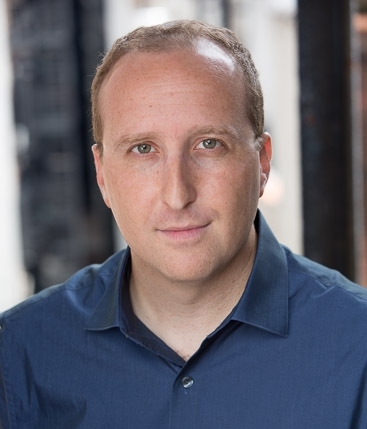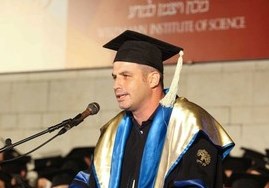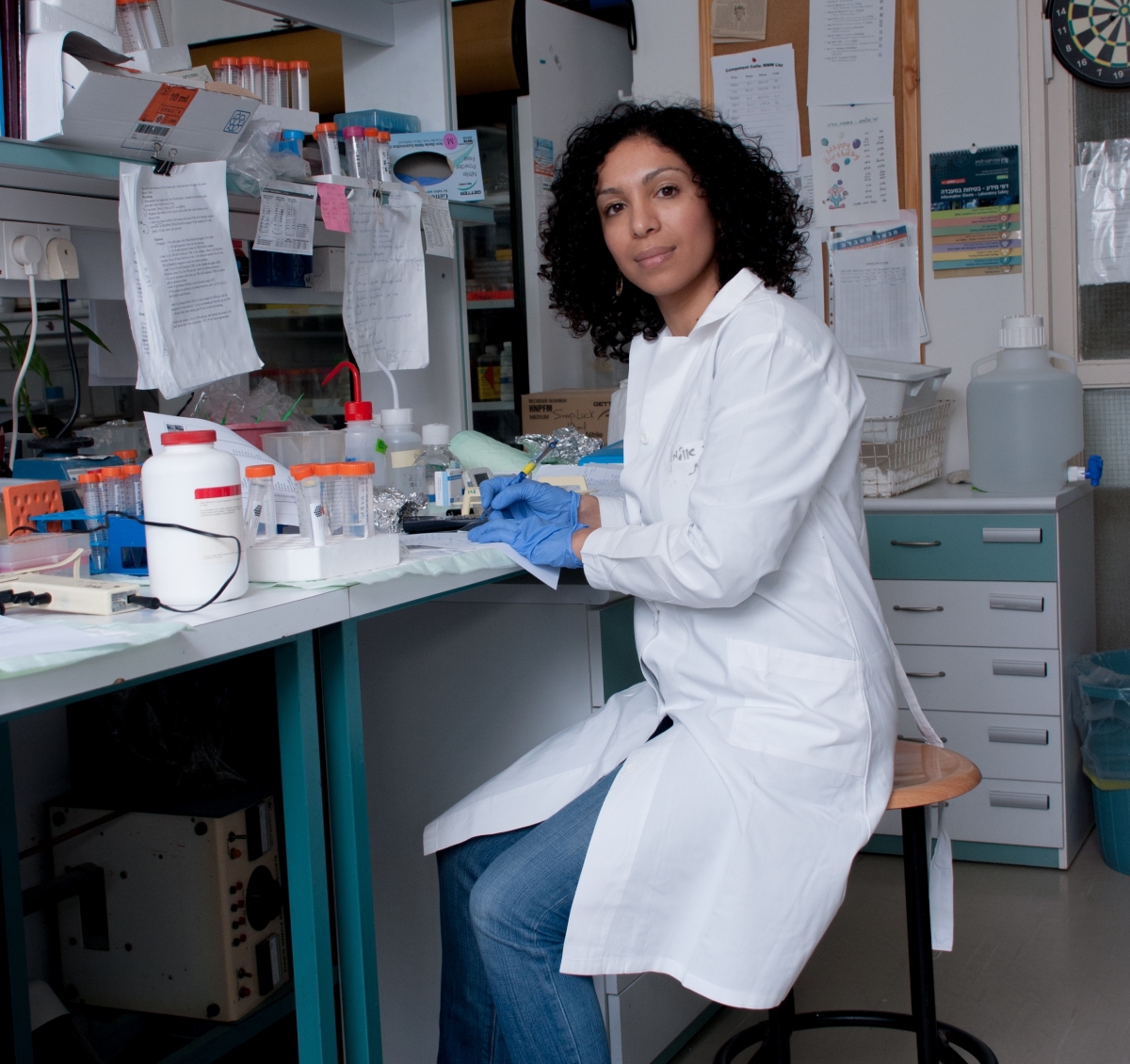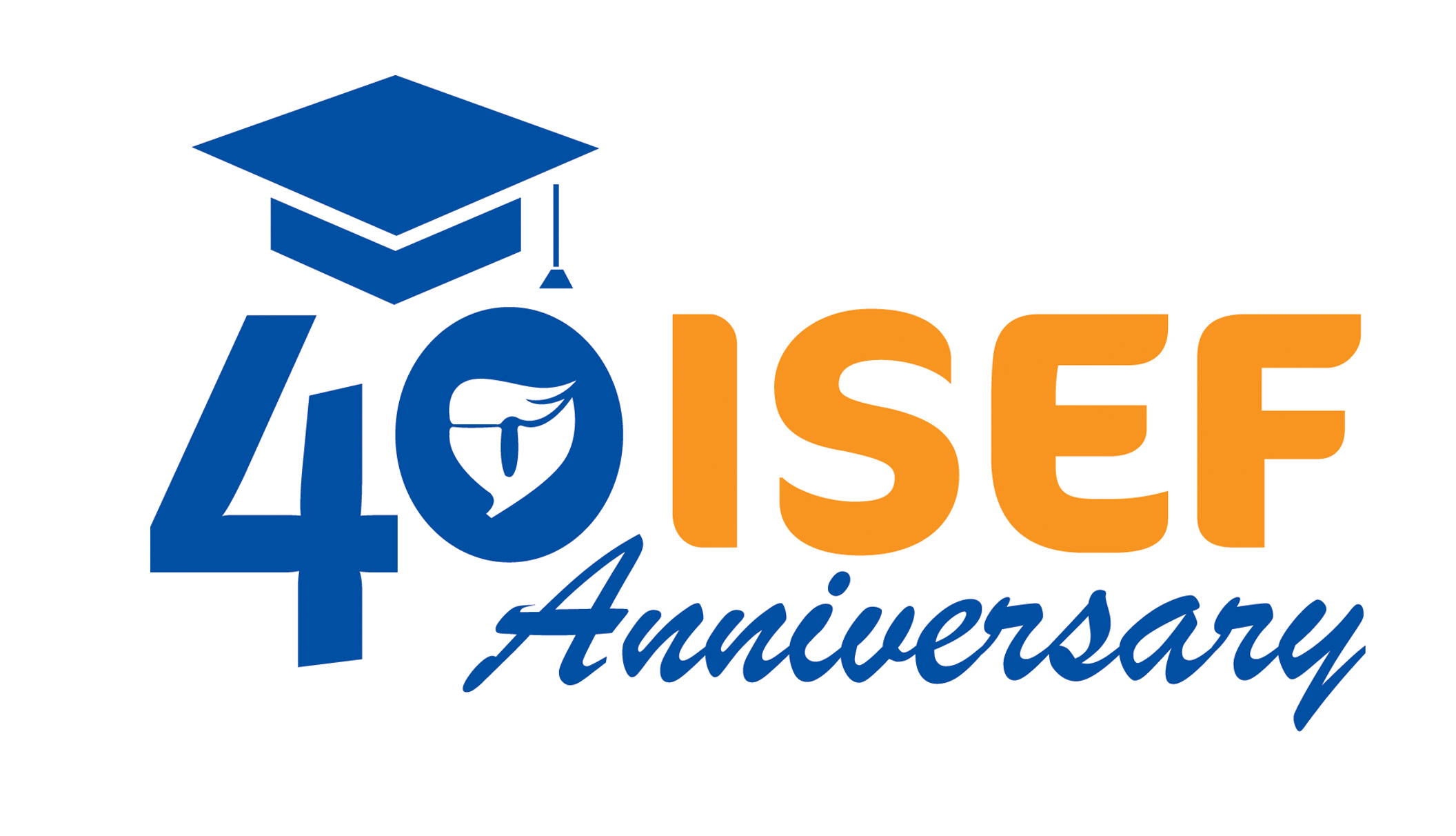Dr. Michael Yartsev
Dr. Michael Yartsev runs the NeuroBat Lab at the Helen Wills Neuroscience Institute at the University of California, Berkeley. With the support of an ISEF doctoral fellowship, he completed his PhD in 2012 at the Weizmann Institute, studying under the guidance of Prof. Nachum Ulanovsky.

Dr. Michael Yartsev
Dr. Yartsev is fascinated with the neurobiological mechanism by which bats acquire their vocalizations, targeting a core process – shared with humans – called “vocal learning.” ISEF supported Dr. Yartsev throughout his higher education, from his BSc and MSc at Ben-Gurion University to his PhD at Weizmann to his postdoctoral research at the Neuroscience Institute at Princeton University, for which he received an ISEF International Fellowship. The ISEF scholarships helped Dr. Yartsev find his calling. “My time at the Weizmann Institute was transformative to my career,” he says, “as it exposed me to the extraordinary model system: the bat.”
Prof. Haim Suchowski

Prof. Haim Suchowski
Prof. Haim Suchowski, who earned his MSc and PhD from the Weizmann Institute in 2011, leads a group exploring nano-optics and ultrafast physics at Tel Aviv University. Their goal: to use light to control and study quantum systems. This includes exotic pursuits such as exploring the dynamics of ultrafast “hot” electrons, or creating negative and even zero refractive materials that are 100% transparent to light at certain wavelengths.
In keeping with the ISEF Foundation’s focus on giving back through leadership, Prof. Suchowski was involved - while pursuing his own MSc studies - with ISEF activities on the Weizmann campus, tutoring and mentoring Ethiopian youth through the Sparks of Science Program in Memory of Moshe Pergament. He then became an ISEF-Fulbright Postdoctoral Fellow in nano-photonics at the University of California, Berkeley. He is a frequent collaborator with his Weizmann mentor, Prof. Yaron Silberberg in the Department of Physics of Complex Systems.
Dr. Orly Salama-Alber

Dr. Orly Salama-Alber
As a current ISEF Postdoctoral Fellow in the Department of Biochemistry and Microbiology at the University of Victoria in British Columbia, Dr. Orly Salama-Alber investigates how proteins recognize carbohydrates. This basic biological mechanism is central to understanding the action of certain antibiotics and other types of drugs, how microbes and bacteria infect cells, and a number of biochemical processes important to the food and textile industries. Her work builds on many of the skills she learned as an MSc and PhD student working with Prof. Ed Bayer in the Weizmann Institute’s Department of Biological Chemistry. Dr. Salama-Alber completed her PhD in 2013.
“As an MSc and PhD student at the Weizmann Institute, I was constantly exposed to innovative and interdisciplinary research while having access to the most advanced instruments and services I needed for my work,” Dr. Salama-Alber stated, continuing: “In addition, I was given the opportunity to attend several international courses in my field of interest, x-ray crystallography and structural biology, which broadened my expertise. My work at the Weizmann Institute was published in several peer-reviewed journals and granted me several scholarships, including the ISEF Fellowship, which paved the way to my current postdoctoral research position.”

